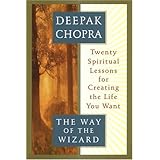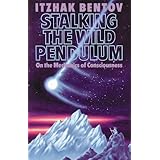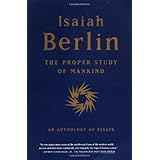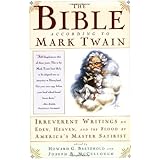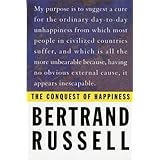
Average Reviews:

(More customer reviews)Are you looking to buy Emerson: The Mind on Fire (Centennial Books)? Here is the right place to find the great deals. we can offer discounts of up to 90% on Emerson: The Mind on Fire (Centennial Books). Check out the link below:
>> Click Here to See Compare Prices and Get the Best Offers
Emerson: The Mind on Fire (Centennial Books) ReviewRichardson has given us a profound biography of one of the world's most profound men. And in this case, I'm almost as impressed with the biographer as the man he reports. This book has 100 chapters, each one as full of outstanding ideas as some entire books I've read. I owe many wonderful evenings and mornings to Richardson who has given me the keenest insights into my favorite teacher and author. Richardson so accurately portrays Emerson's journey of a self-realized soul marching in his conviction of the final authority of the individual Self, that at times I felt I was making the same journey myself. In so many moments, something swelled within me while reading this book, and I thought perhaps even such a one as myself might grasp these elevated concepts Richardson so lucidly explains. Emerson himself said, "only that book is good which puts the reader in a working mood." While reading this book I have felt encouraged in my quest to do the work of unfolding my own nature with reverential awe--as Emerson admonishes us--by keeping a journal and studying to unify myself with the eternity at the core of my being.Richardson not only studied Emerson to write this book, he studied the books that Emerson studied, thereby showing Emerson's method, intellectual origins, and native genius that courageously broke with contemporary traditions to create a cohesive world-view so inspirational to many.
Emerson, more than any other author I have read, believed in the grandeur of the soul--not just his own--but in each of us. He wrote in his journal, "When I look at the rainbow I find myself the center of its arch. But so are you; and so is the man who sees it a mile from both of us. So also the globe is round, and every man therefore stands on the top. King George, and the chimney sweep no less."
If you are looking for a book to not only stretch your limits of understanding but help you realize the helping hand at the end of your own arm, enlighten yourself by studying Emerson with Richardson. You might also consider spending the extra few dollars and get the hardback . It'll last a lot longer under the wear you'll give it referring to it again and again.Emerson: The Mind on Fire (Centennial Books) Overview
Want to learn more information about Emerson: The Mind on Fire (Centennial Books)?
>> Click Here to See All Customer Reviews & Ratings Now
